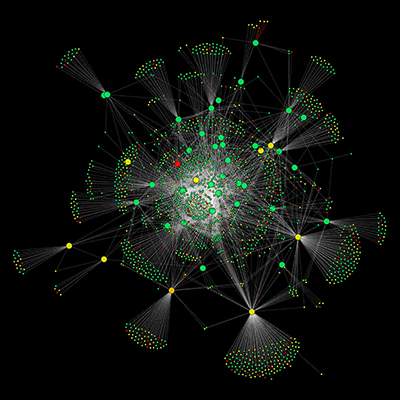 Thermo Fisher Scientific introduces high-resolution, high-throughput mass spectrometer
Thermo Fisher Scientific introduces high-resolution, high-throughput mass spectrometer
Thermo Fisher Scientific on Monday introduced its Orbitrap Astral mass spectrometer, which combines high resolution, high throughput, and high speed with deep proteome coverage. Read More
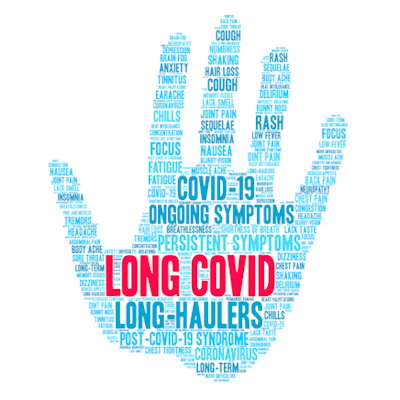 Long COVID symptoms reported by 17% of unvaccinated people
Long COVID symptoms reported by 17% of unvaccinated people
Swiss researchers have found that about 17% of unvaccinated people report experiencing COVID-19-related health problems up to two years after SARS-CoV-2 infection. Read More
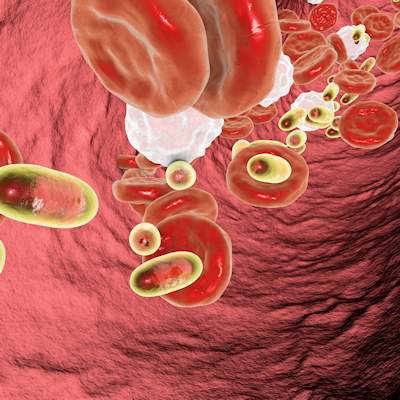 Nanozyme approach targets fungal infection
Nanozyme approach targets fungal infection
A nanozyme-based robotics approach could allow doctors to target and kill fungal pathogens at the sites of infection, according to a group at the University of Pennsylvania. Read More
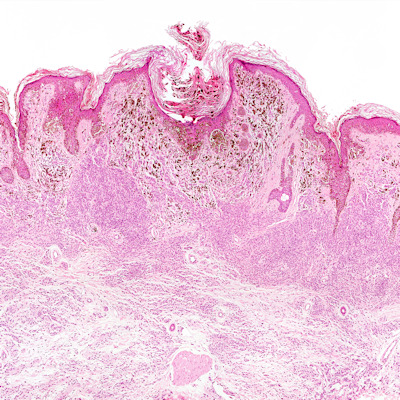 Stem cell therapy targets brain metastatic melanomas
Stem cell therapy targets brain metastatic melanomas
Twin stem cells acting in unison may activate the immune system to suppress metastatic melanoma tumor growth in the brain, according to Department of Defense-funded research, published Wednesday in Science Translational Medicine. The procedure prolonged survival in preclinical trials on mice, indicating that locally delivered immunotherapies may be beneficial in brain metastases treatment. Read More
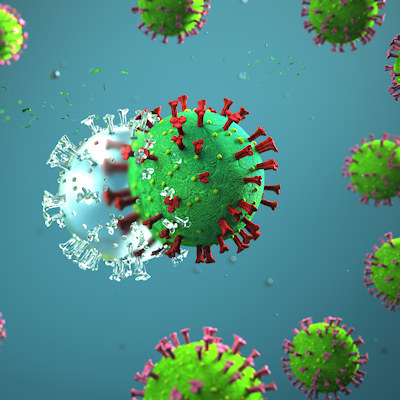 COVID-19’s ‘long tail’ analyzed at European rheumatology congress
COVID-19’s ‘long tail’ analyzed at European rheumatology congress
Researchers have found that people with inflammatory rheumatic diseases show no increased susceptibility to long COVID. This and other studies are being presented at the European Alliance of Associations for Rheumatology (EULAR) 2023 Congress in Milan from May 31 to June 3. Read More
 Nucleai, Adlai Nortye collaborate on biomarkers for clinical trials
Nucleai, Adlai Nortye collaborate on biomarkers for clinical trials
Artificial intelligence firm Nucleai and biopharmaceutical firm Adlai Nortye on Wednesday announced a strategic partnership aimed at identifying, validating, and testing novel H&E-based biomarkers in Adlai Nortye’s phases II and III clinical trials. Read More
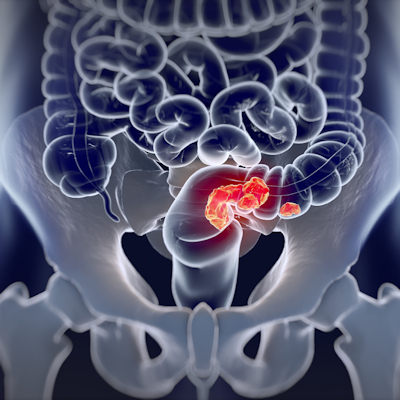 Bacteria vary between early- vs. late-onset colorectal cancer tumors: Study
Bacteria vary between early- vs. late-onset colorectal cancer tumors: Study
Researchers at Georgetown University’s Lombardi Comprehensive Cancer Center studied the microbiomes of people with colorectal cancer and found that the makeup of bacteria, fungi, and viruses in their tumors varied significantly depending on whether they had early-onset (age 45 or younger) or late-onset (age 65 or older) disease. Read More
 Scientists seek HIV cure by transplanting stem cells to monkeys
Scientists seek HIV cure by transplanting stem cells to monkeys
Scientists are seeking a cure for HIV via stem cell transplants on monkeys. Their research, published Thursday in the journal Immunity, describes the process by which two of four non-human primates were cured of HIV following stem cell transplantation. Read More
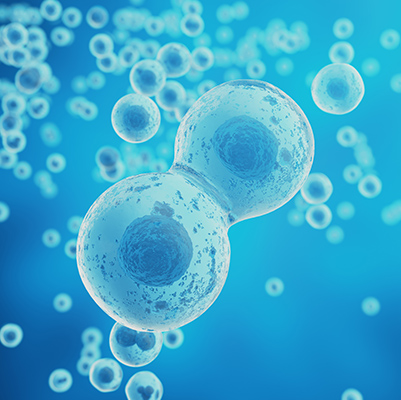 Biomarkers in a study predict stem cell transplant risks
Biomarkers in a study predict stem cell transplant risks
Risk biomarkers uncovered in a recent study may help medical staff predict which donor stem cell transplant patients are likely to develop a potentially deadly side effect called sinusoidal obstruction syndrome (SOS). Read More
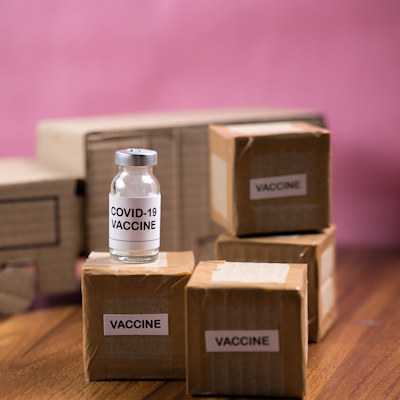 Medical records link vaccination against COVID-19 to reduced risk of non-respiratory symptoms
Medical records link vaccination against COVID-19 to reduced risk of non-respiratory symptoms
Fully vaccinated individuals had a lower risk of dying or developing some non-respiratory symptoms than people without protection against COVID-19 during the Delta and Omicron waves, a retrospective review of medical records has found. Read More
Conferences
Science Briefs
Member Rewards
Earn points for contributing to market research. Redeem your points for merchandise, travel, or even to help your favorite charity.
Research Topics
Interact with an engaged, global community of your peers who come together to discuss their work and opportunities.
Connect
Tweets by @ScienceBoard






